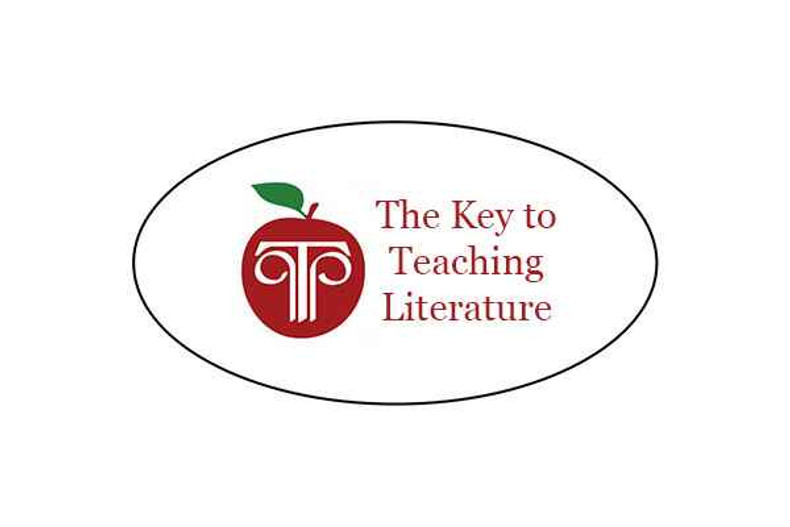The key to teaching literature effectively is to see the books as a means to an end, not an end in themselves.
If I thought the books were an end in themselves, I would have quit writing about them 20 years ago. I lose patience with characters like Holden Caufield (The Catcher in the Rye) and Hamlet. Books like Death of a Salesman, A Separate Peace, The Stranger, and Lord of the Flies leave me shaking my head and feeling bad for mankind. Fahrenheit 451, 1984, and Brave New World don't make the future seem like anything I want to be a part of. Slogging through the old English of Beowulf and The Canterbury Tales wears me out before I even get to enjoy the stories. In reality, I don't blame students who don't like reading the classics we make them read.
I can appreciate how well-written most of these books are. Studying the use of language, the characterizations, the conflicts and resolutions, the themes, and all those other elements of fiction, I can truly appreciate the authors' abilities to craft the stories. But that isn't what keeps me going. What keeps me going is figuring out what any of this means for students. I can't sit down to write a teaching guide until I can answer the question, "What can my students learn from this book that will help them in life?". That is the end to which the study of the book is a means. That is where my focus is. If the study of the book is not connected to life, it is a futile study, an exercise in vain.
Read the book. Make notes about the application of the elements of fiction in it. But, before you start making your lesson plans or any materials for use in class, ask yourself the question, "What can my students learn from this book that will help them in life?" and keep that question in mind as you create your lessons and materials. Yes, students need to comprehend the story. They need to study the elements of fiction. They need to understand the themes and motifs. They need to learn a variety of language arts skills as they explore the novel. But don't teach the book; teach through the book to real life. That is what will capture your students' interest. That is what will give meaning to their studies. That is what will help you determine which questions to ask and how to ask them. That will make you a better teacher of literature.




